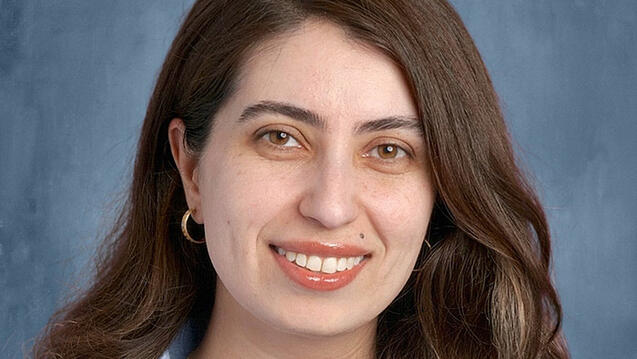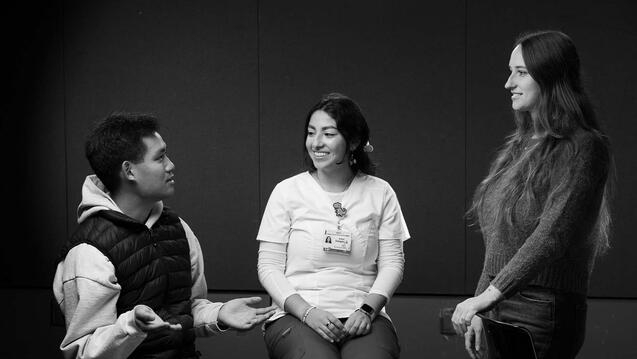College of Arts and Science Welcomes New Dean
Professor of physics and astronomy Marcelo Camperi is the new dean of the College of Arts and Sciences at the University of San Francisco.
Camperi, who served as interim dean after Jennifer Turpin was appointed USF provost and vice president for academic affairs in June and was associate dean of sciences for the College of Arts and Science prior, took over as dean full-time Nov. 23.
“Marcelo Camperi brings a unique combination of intellect, commitment to excellence, outstanding judgment, and personal integrity to the university,” Turpin said.
Known for his hard-working nature, Camperi’s expertise as a scientist and commitment to USF’s mission is seen as an asset in leveraging USF’s John Lo Schiavo, S.J. Center for Science and Innovation for the good of the entire university, San Francisco, and the wider Bay Area.
Camperi was unanimously selected by the search committee, chaired by Gerardo Marin, vice provost for academic affairs, after a national search that reviewed the credentials of more than 90 applicants.
Camperi’s background growing up disadvantaged in Argentina makes him someone who can relate on a personal level to USF’s goal of expanding educational opportunities to USF students coming from underserved circumstances, a quarter of whom speak a language other than English at home, a third of whom are the first in their families to attend college, and a quarter of whom come from families that earn less than $30,000 a year.
Among his top priorities are to guide USF to become a renowned center for environmental justice and sustainability and further diversity among USF’s faculty, Camperi said.
Another area of focus will be to encourage more interdisciplinary scholarship and curriculum development. “I believe no single discipline nowadays can tackle alone the most difficult universal problems,” Camperi said. “Within this framework, I want to encourage faculty-student scholarly interactions, particularly at the undergraduate level.”


